What is mephedrone?
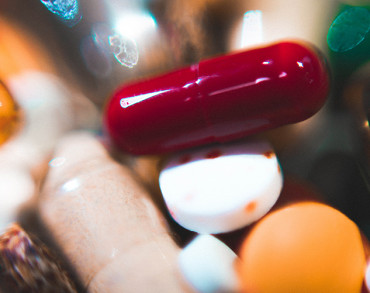

Mephedrone is a synthetic cathinone that first became popular in the early 2000s. Here’s what you need to know about it.
Mephedrone (4-methylmethcathinone) is a stimulant from the synthetic cathinone family. It first appeared as a so-called ‘legal high’ on the market in many countries, before European-level control measures were introduced in 2010.
It was originally marketed as a plant fertiliser or research chemical, and comes in different forms including:
- White powder or off-white with a yellowish tinge (most common)
- Crystals
- Capsules
- Pills
It is also known by a number of names, including White Magic, Meow Meow, M-Cat, Meph, Drone, Bubble, Bounce, and Kitty Cat.
High Alert has noticed an increased interest in mephedrone recently, and trends suggests this is likely to continue.
| Stay safer by staying informed. Sign up to receive alerts and notifications about any dangerous drugs in NZ. Check out the alerts page to see what we've already found. |
What are the effects of mephedrone?
Mephedrone can affect people differently based on a range of factors like dosage, their age, health, and whether other substances were taken at the same time.
The effects may last for two to four hours, and can include:
- Euphoria
- Energetic, and wanting to talk more
- Intense connection with music
- Very affectionate towards others
- Sensitive to touch
- Distorted sense of time, memory loss
- Dizziness
- Anxiety
- Paranoia
- Muscle tension, particularly face and jaw
- Blurred vision
- Restless sleep
Other effects of mephedrone can include:
- Dry mouth or thirst
- Nosebleeds from snorting
- Sweating
- Reduced appetite
- Skin rashes
- Stomach pains, nausea and vomiting
- Fast or irregular heartbeat
- Hight blood pressure
- Chest pain
- Tremors, seizures
What are the risks of using mephedrone?
Mephedrone has a strong redosing compulsion, which means there are strong cravings to use again and binge. This increases the risk of overdose, heart attack, stroke, organ failure, and seizures.
If you think someone is suffering from an overdose, call 111 immediately for an ambulance. St John’s has more helpful information on how to deal with an overdose in their first aid guide.
Mephedrone has been linked to some deaths in the United Kingdom and other parts of Europe. Injecting mephedrone can cause soft tissue and vascular damage.
It’s also possible to become addicted to mephedrone - there have also been reports of a strong psychological dependence to mephedrone, which can lead to taking increasing amounts.
Regular use of mephedrone can have long-term effects on your health, including:
- Difficulty sleeping
- Muscle spasms
- Hallucinations (visual and auditory)
- Dependence
While no drug use is safest, there are some steps that can help reduce the risks.
- Avoid redosing. This increases the chance of negative effects, like overdose.
- Avoid mixing drugs. The effects can be unpredictable and dangerous, and can increase the risk of overdose and even death.
- Test your substances with reagent tests or through drug checking services. You can’t be sure what you’re taking is what you think it is and this greatly increases the risks.
- Stay hydrated and take regular breaks.
- Have a plan – as with all drug use, it’s better to have people around that you trust and who have knowledge of first aid.
If you’re concerned about your own drinking or drug taking, you can reach out to the Alcohol Drug Helpline on 0800 787 797, or text 8681. You'll be able to speak with a trained counsellor who can provide you with helpful information, insight and support. They’re available 24/7, all calls are free and confidential. You can also chat with the team online through the website.
Latest Articles
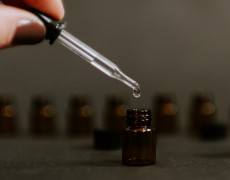
24 Apr 2024
Increased harm linked to the use of GBL-type substances in New Zealand
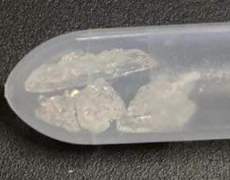
23 Apr 2024
Industrial chemicals sold as methamphetamine
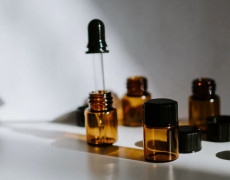
15 Apr 2024
Thinking of using GBL/GHB?
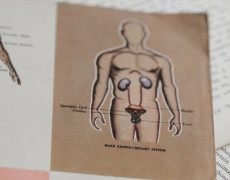
12 Apr 2024
Ketamine and bladder damage – know the risks
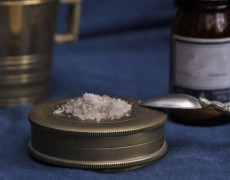
8 Mar 2024
Synthetic cathinones explained
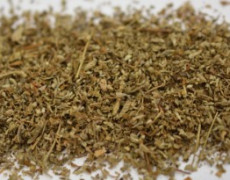
22 Feb 2024
What’s happening with synthetic cannabinoids?
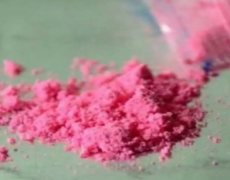
31 Jan 2024
What is tuci?
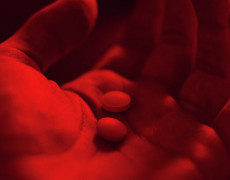
19 Jan 2024
Answering some common questions about MDMA

10 Jan 2024
Understanding the risks of the comedown

5 Jan 2024
Looking after your mental health
